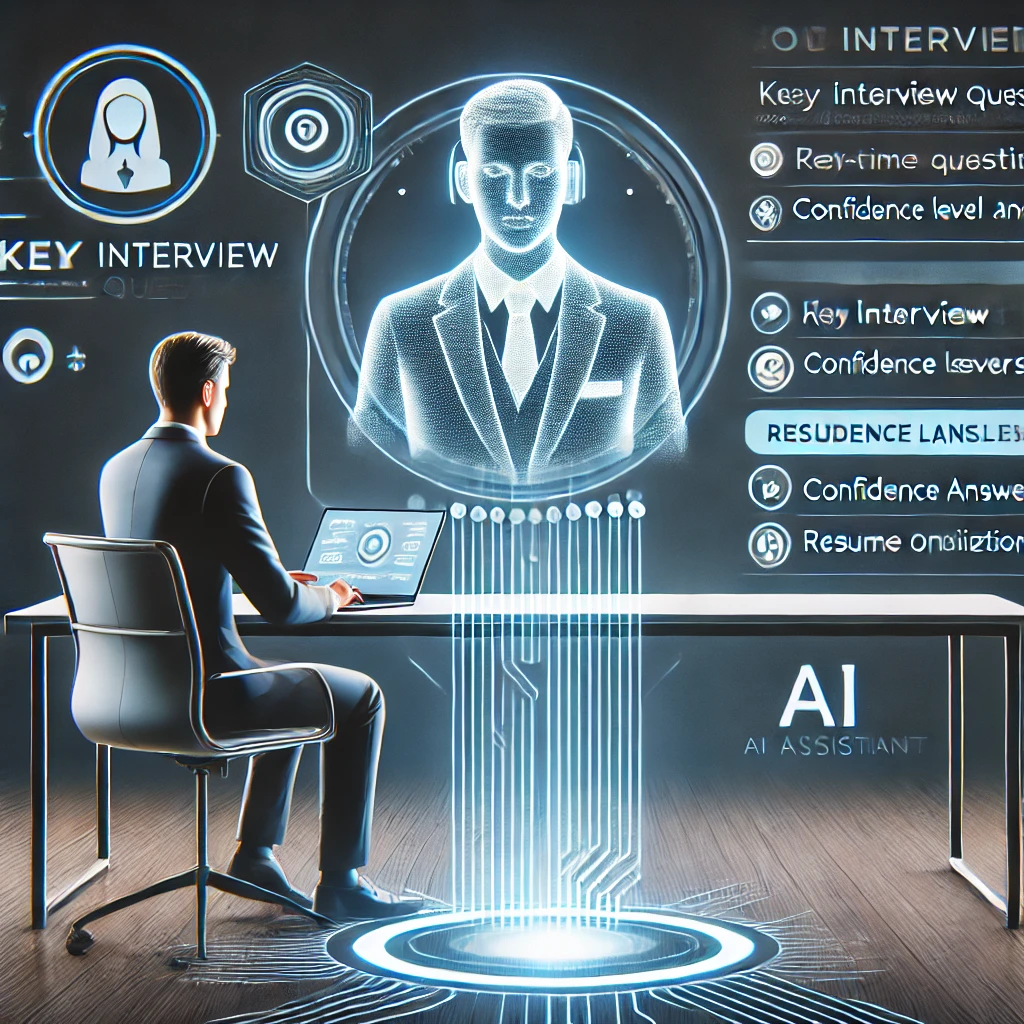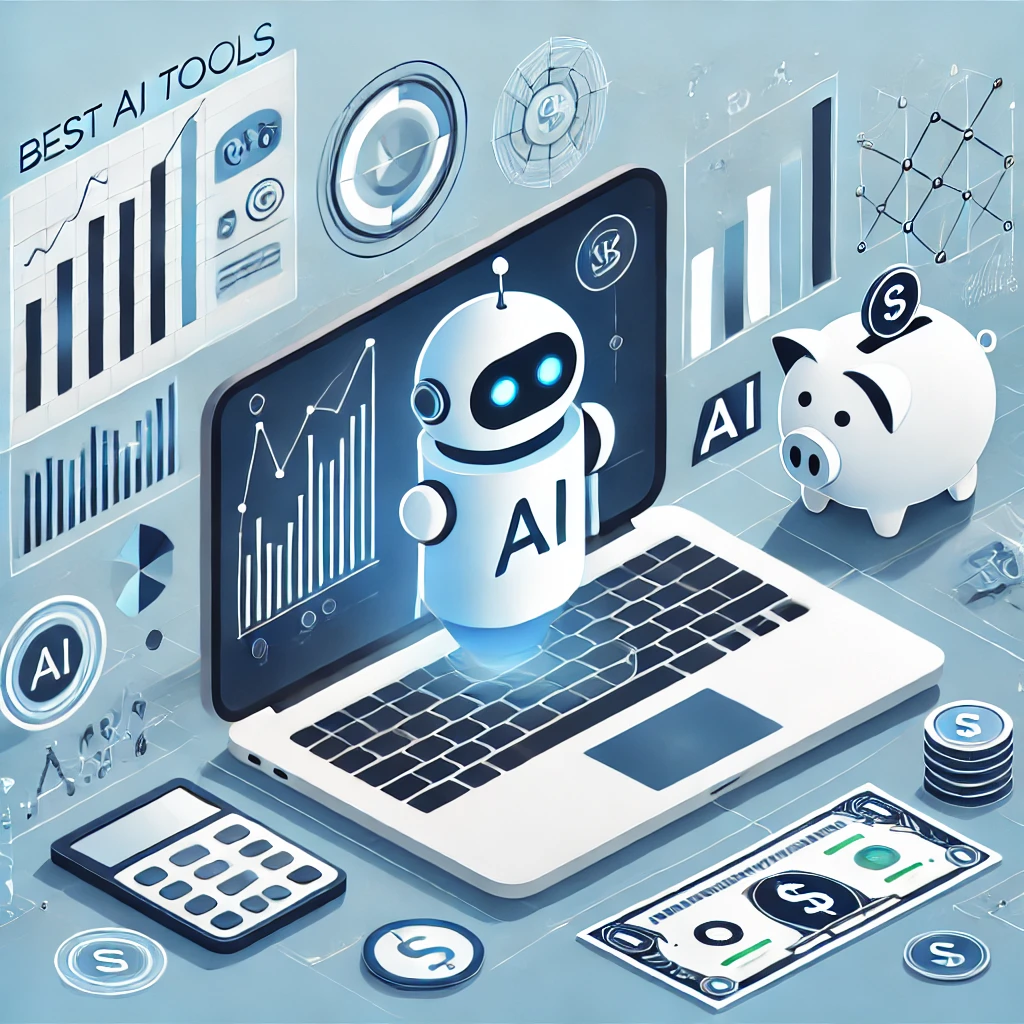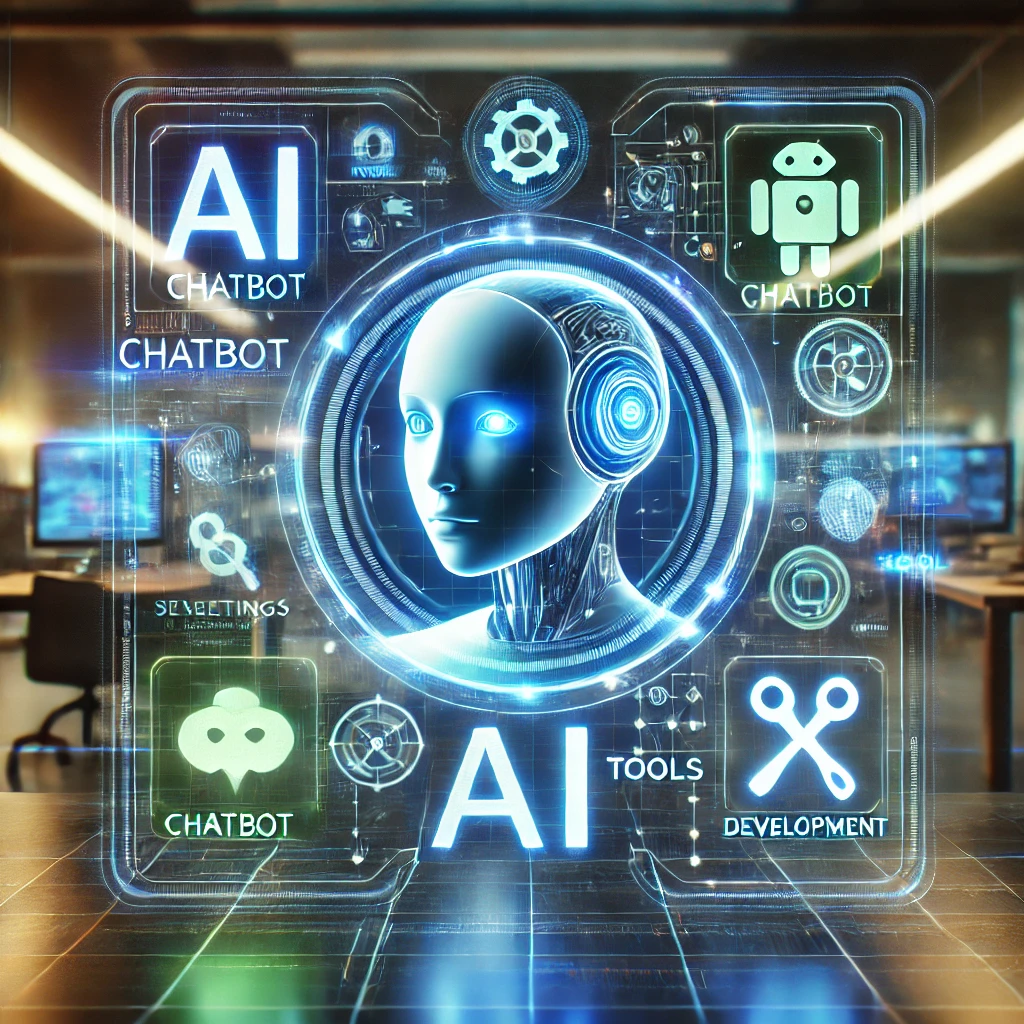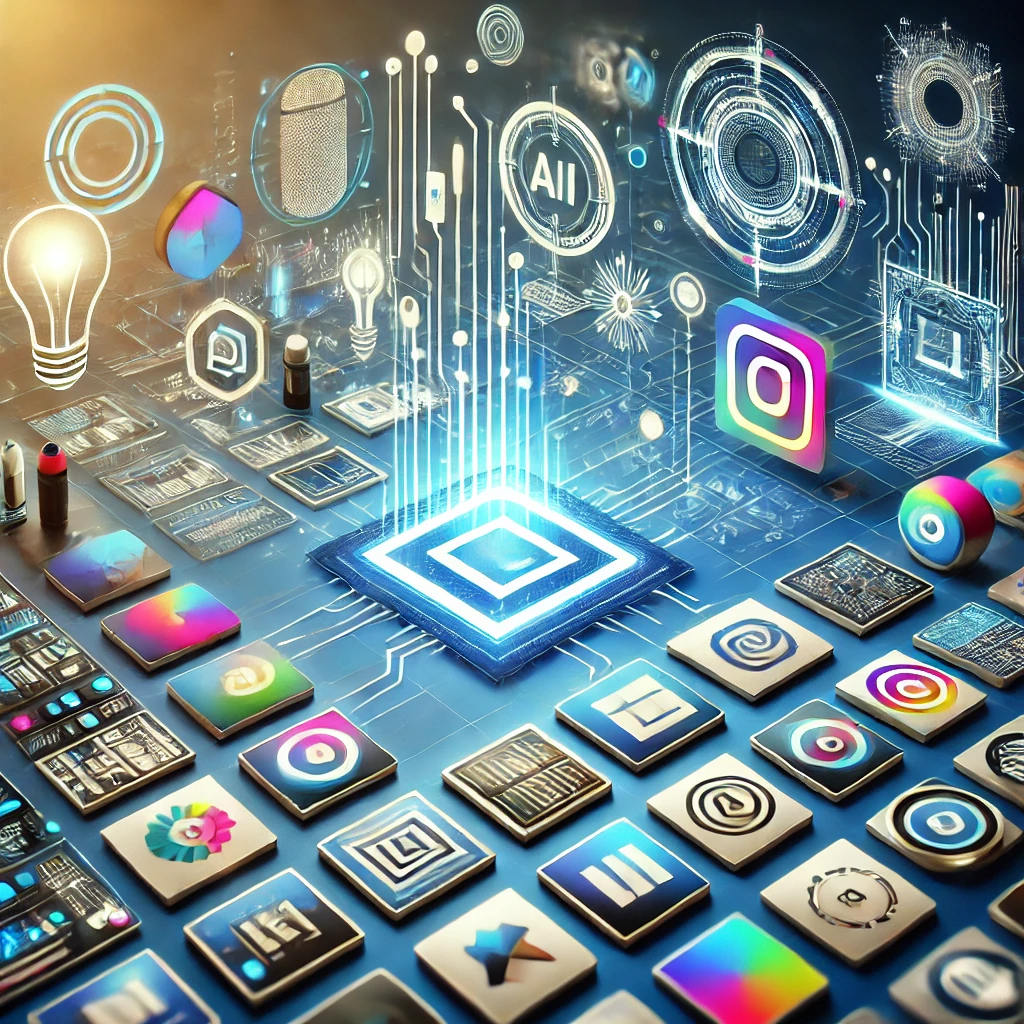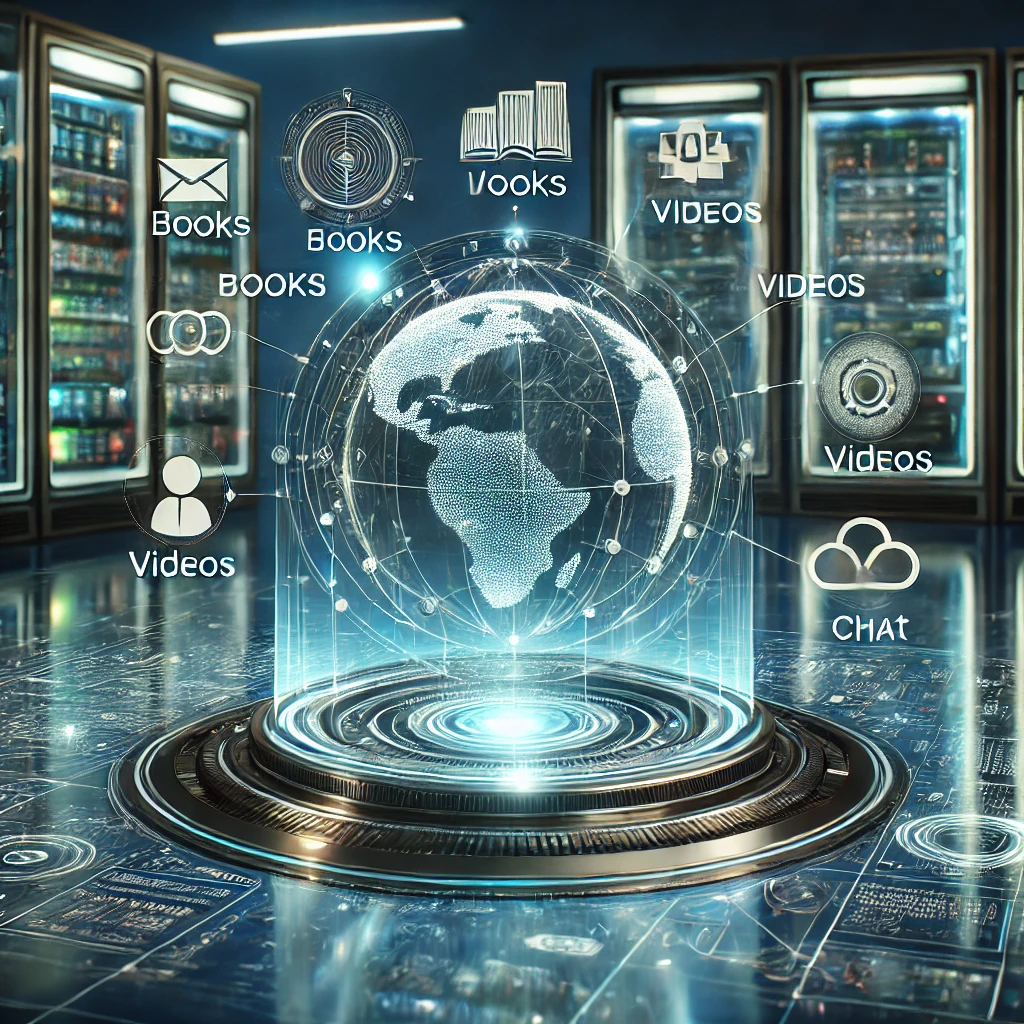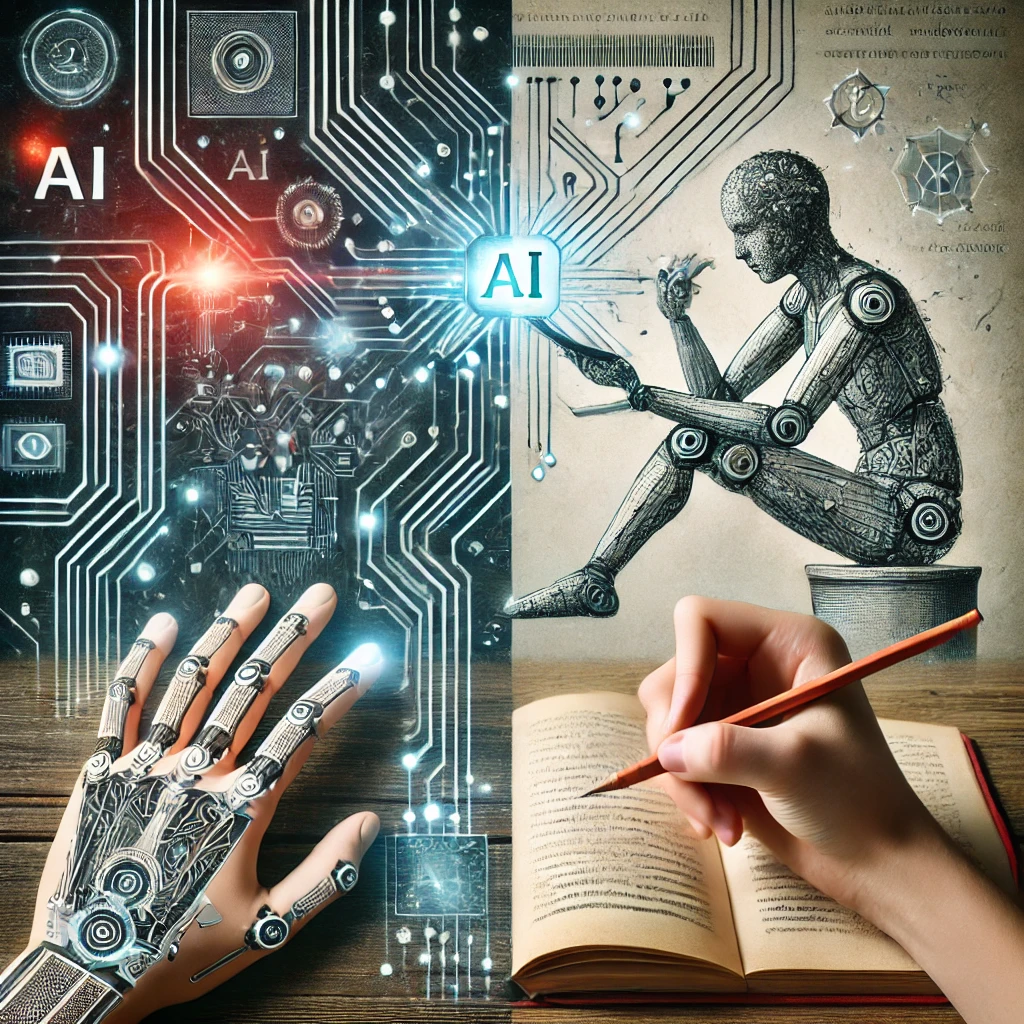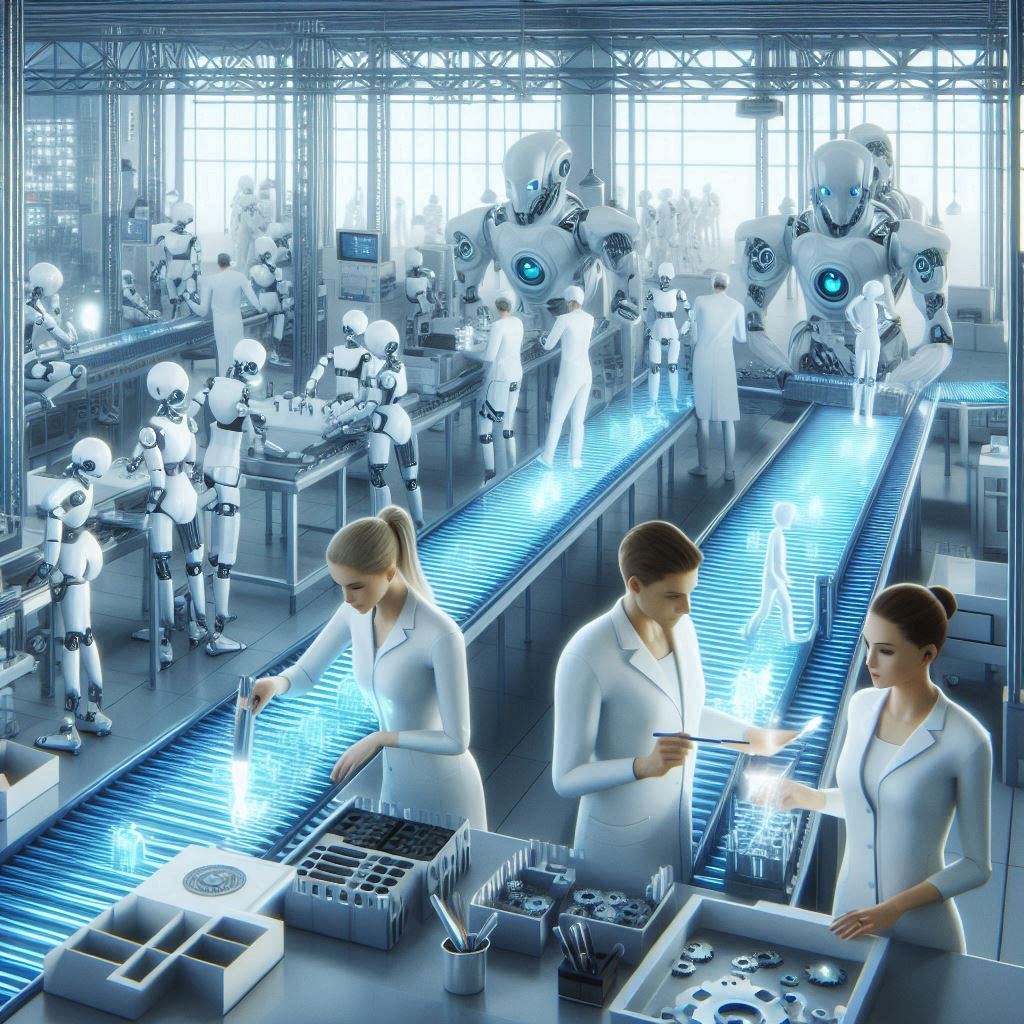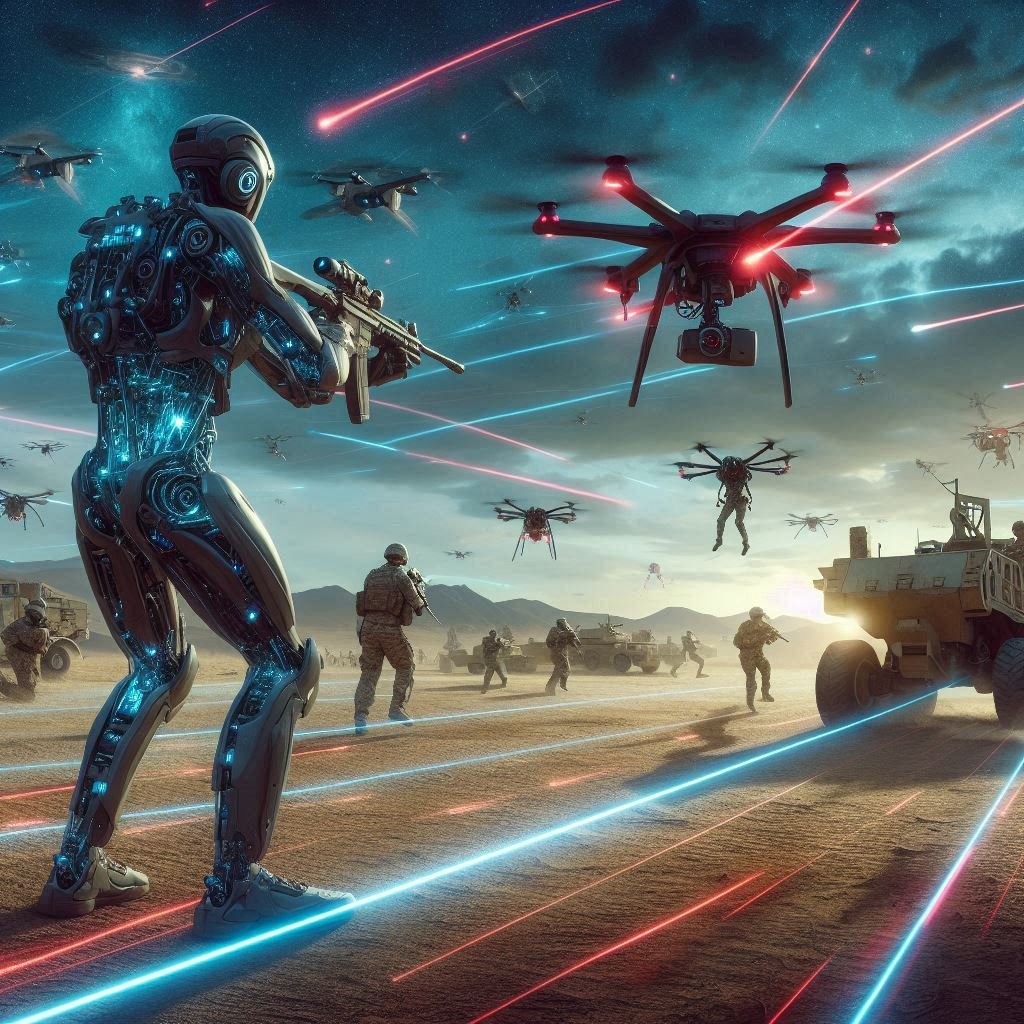7 Best AI Tools for Preparing for Job Interviews
Job interviews can be stressful, especially if you’re unsure about what to expect or how to present yourself effectively. The good news is that Artificial Intelligence (AI) is here to help. From practicing interview questions to improving your confidence, AI tools can make your preparation smarter and more efficient. Whether you’re a fresh graduate or a seasoned professional, these AI-powered tools can guide you toward acing your next interview. Here’s a list of the 7 best AI tools for preparing for interviews. 1. Interview Warmup by Google Best For: Practicing interview questions. Interview Warmup, developed by Google, is an excellent tool for practicing common interview questions tailored to your desired role or industry. The AI asks questions, analyzes your answers, and provides constructive feedback on areas like word choice, relevance, and clarity. It’s a great way to get comfortable with answering questions and identifying areas for improvement. 2. Big Interview Best For: Video-based interview practice. Big Interview is an AI-driven platform that lets you practice video interviews. It simulates real-life scenarios, helping you refine your responses, body language, and tone. The platform provides feedback on your performance and even offers industry-specific mock interviews. This tool is especially useful for preparing for remote or video-based interviews. 3. ChatGPT Best For: Crafting and refining responses. ChatGPT is a versatile AI tool that can help you prepare answers to common and challenging interview questions. You can ask it to generate sample answers, suggest alternative ways to structure your responses, or even brainstorm questions to ask the interviewer. ChatGPT is like having a personal interview coach available anytime you need guidance. 4. LinkedIn Interview Prep Best For: Getting professional insights. LinkedIn’s Interview Prep tool offers commonly asked questions for various roles and industries. It provides AI-generated tips on how to answer these questions effectively. Additionally, you can record your answers and get feedback from peers or LinkedIn’s AI assistant. This tool helps you align your answers with industry expectations. 5. PrepAI Best For: Customizable mock interviews. PrepAI allows you to create personalized mock interviews based on your job role and skill set. The tool generates questions tailored to your profile and lets you practice answering them. It also provides detailed feedback on your responses, helping you fine-tune your answers and improve your confidence. 6. MyInterview Best For: Personality assessment and practice. MyInterview uses AI to assess your personality traits based on your responses during mock interviews. It provides insights into how recruiters might perceive you, including your communication skills, confidence level, and overall demeanor. This feedback helps you understand your strengths and areas to work on, making it a valuable tool for self-improvement. 7. VMock Elevator Pitch Best For: Crafting a strong elevator pitch. Your elevator pitch is often the first impression you make during an interview. VMock uses AI to help you create a concise and impactful pitch. It analyzes your input and suggests improvements in tone, structure, and clarity, ensuring that your introduction leaves a lasting impression. Why Use AI Tools for Interview Preparation? AI tools for interviews offer several advantages: How to Choose the Right AI Tool? Here’s how to pick the best AI tool for your needs: Tips for Effective Interview Preparation with AI Tools Challenges of Using AI Tools While AI tools are incredibly useful, they have some limitations: Conclusion Preparing for an interview doesn’t have to be daunting. With AI tools like Google’s Interview Warmup, Big Interview, and LinkedIn Interview Prep, you can practice effectively, refine your answers, and boost your confidence. These tools are designed to simulate real-world scenarios and provide personalized feedback, making your preparation more thorough and efficient. Remember, while AI tools can guide you, your effort and authenticity are what truly make a difference during interviews. Use these tools as part of your preparation strategy, and you’ll be one step closer to acing your next interview and landing your dream job.
7 Best AI Tools for Preparing for Job Interviews Read More »
